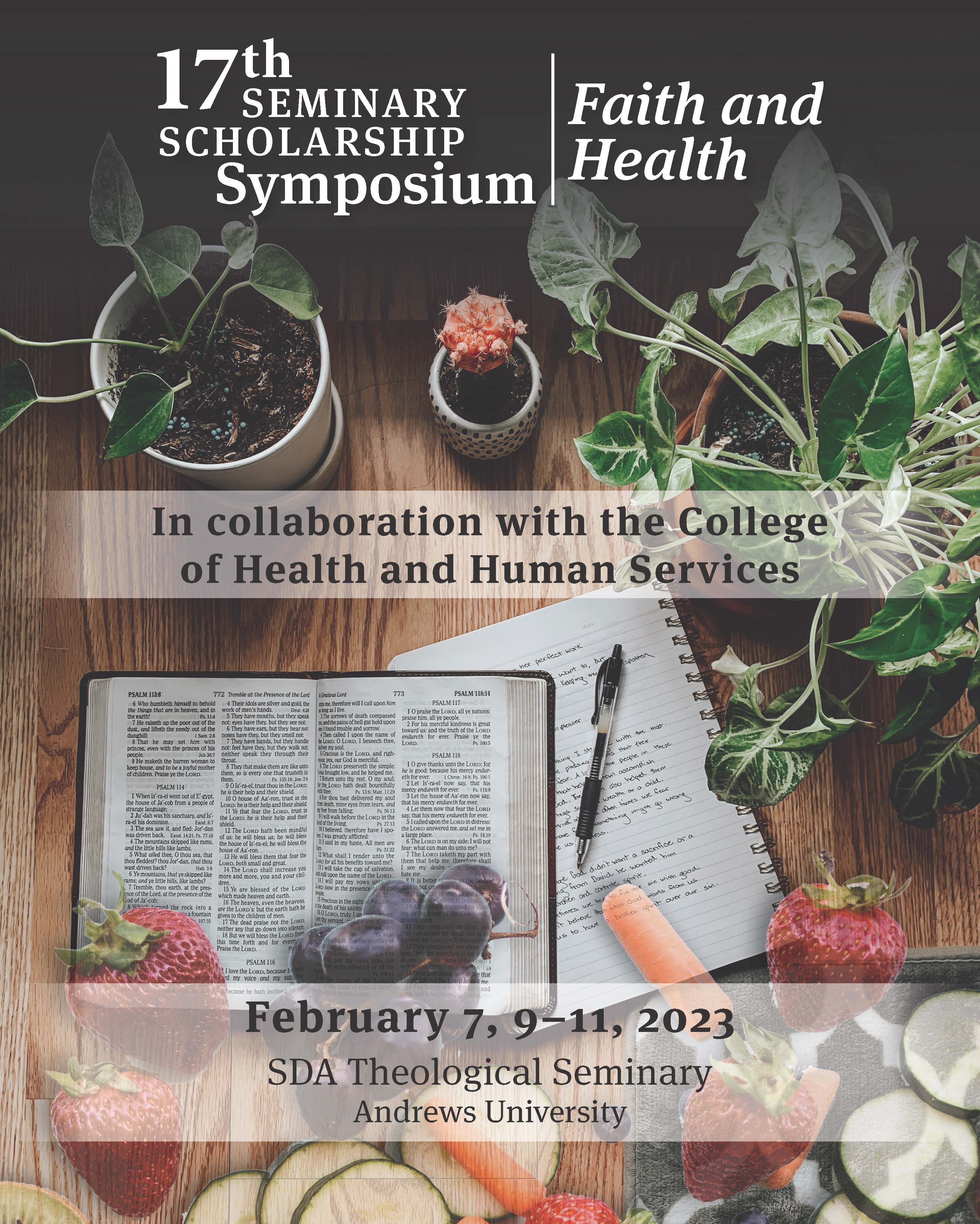Location
Seminary Commons
Start Date
10-2-2023 12:30 PM
End Date
10-2-2023 2:00 PM
Description
In 2 Peter, the knowledge, practices, and dispositions of the faith community (2 Pet 1), contrasted with those of the false teachers (2 Pet 2), are applied to a truth warfare issue (2 Pet 3). Drawing from interdisciplinary conversations on information literacy, sociality, and philosophical argumentation, the theme developed in 2 Peter of “growing in knowledge” may be viewed as relational, performative, and consequential. This understanding equips the Christian disciple to “be not deceived” and to “grow in the grace and knowledge of our Lord and Savior Jesus Christ.” (2 Pet 3:17-18)--both in the discernment and proclamation of truth. I propose this reading speaks to theological discourse, how those members of the learning community who pursue Biblical Theology engage one another. It does not attempt to evaluate hermeneutics. Instead, it guides how we, together as a community of faith, can effectively engage one another as we pursue the truth.
Files over 3MB may be slow to open. For best results, right-click and select "save as..."
An Epistemological Reading of 2nd Peter with Application to Truth and Information Warfare
Seminary Commons
In 2 Peter, the knowledge, practices, and dispositions of the faith community (2 Pet 1), contrasted with those of the false teachers (2 Pet 2), are applied to a truth warfare issue (2 Pet 3). Drawing from interdisciplinary conversations on information literacy, sociality, and philosophical argumentation, the theme developed in 2 Peter of “growing in knowledge” may be viewed as relational, performative, and consequential. This understanding equips the Christian disciple to “be not deceived” and to “grow in the grace and knowledge of our Lord and Savior Jesus Christ.” (2 Pet 3:17-18)--both in the discernment and proclamation of truth. I propose this reading speaks to theological discourse, how those members of the learning community who pursue Biblical Theology engage one another. It does not attempt to evaluate hermeneutics. Instead, it guides how we, together as a community of faith, can effectively engage one another as we pursue the truth.




Comments
Poster Presentation